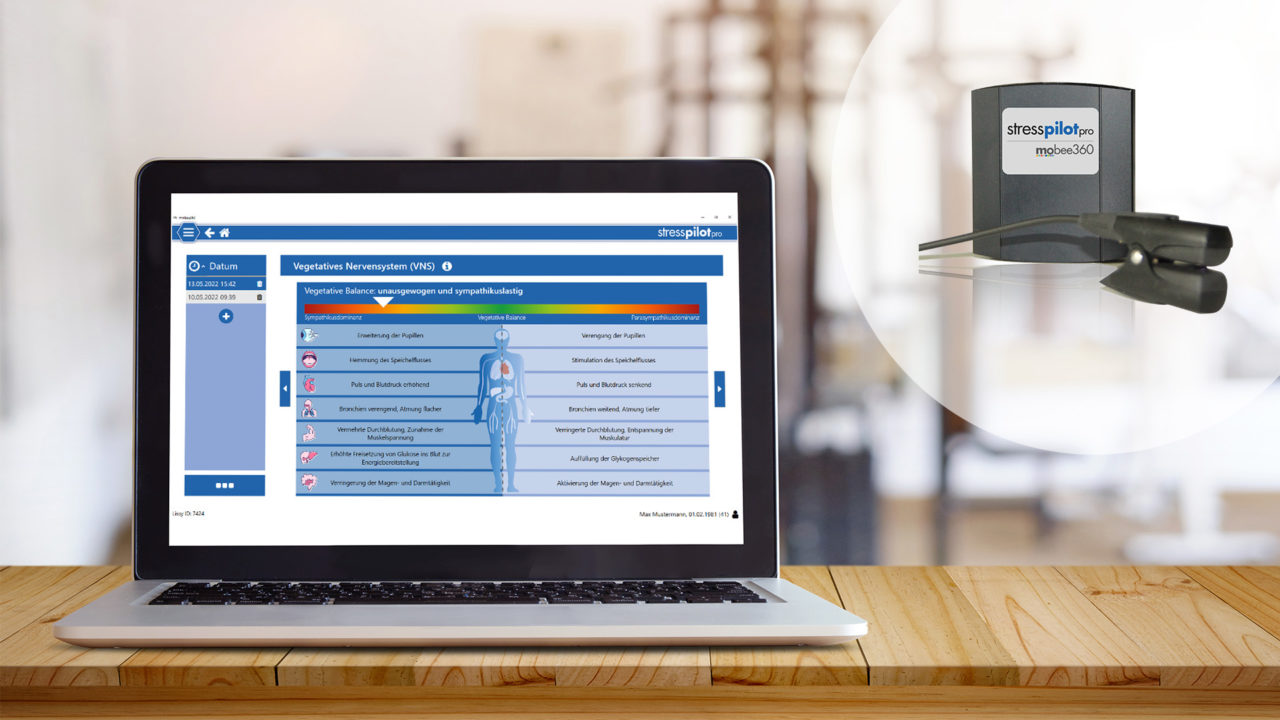Physical activity was significantly associated with less stress than watching TV, sleeping or eating as strategies for coping with stress during corona.

Is stress really bad?
Stress is not fundamentally a bad thing. It is a protective mechanism of our body and ensures that we can adapt to changing environmental conditions. In fact, this mechanism was indispensable for prehistoric man. It was the only way they had sufficient energy for fight or flight situations. This was followed by a recovery phase.
In today's society, however, we are rarely threatened by an encounter with a sabre-toothed tiger. Despite this, we suffer from constant stress thanks to sensory overload and frequent pressure to perform. However, the necessary recovery phase usually fails to materialise - and this is precisely where the problem lies.
A longitudinal study published in 2022 by the Stanford University in California with 990 participants was able to confirm that "physical activity" as a stress management strategy during the corona pandemic was clearly superior to inactive stress management approaches such as "watching TV", "sleeping" or "eating".
How successful is your stress management strategy?
The good news is:
With the tests of your Heart rate variability within the mobee® 360 diagnostics platform, you can show your patients and clients how stressed their autonomic nervous system is and find out which stress management strategies are effective for each individual.

Source:
Vogel, E., Zhang, J. et. al (2021). Physical activity and stress management during COVID-19: a longitudinal survey study, Psychology & Health, 37:1, 51-61, DOI: 10.1080/08870446.2020.1869740